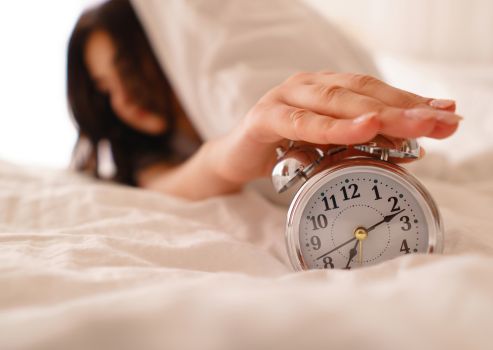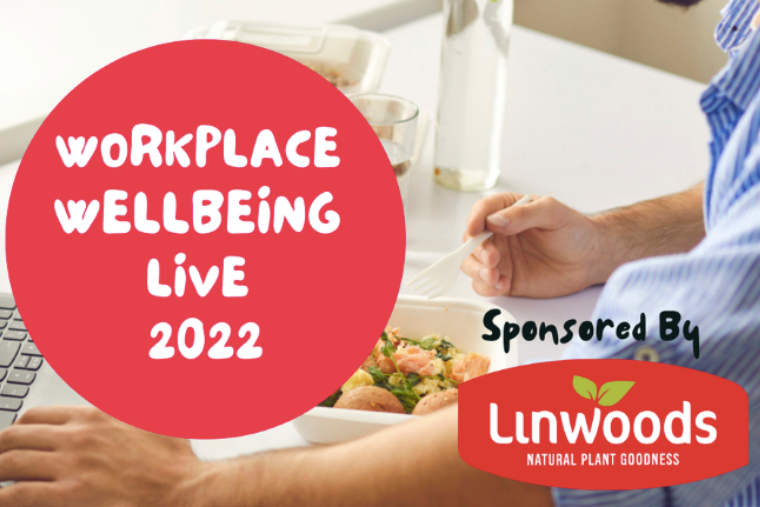Share on social

Can I oversleep?
Friday 7 June 2024
 By Ciara Lappin | Infant and Child Sleep Consultant.
By Ciara Lappin | Infant and Child Sleep Consultant.I spend a lot of time focusing on the benefits of sleep helping people prioritise and improve their sleep. But what is the other half of that coin? Can I sleep too much? What would happen if I did sleep too much? You can absolutely sleep too much just as you can sleep too little. Both sleeping too much and too little can have serious repercussions for your health. The NHS recommends adults get between 7-9h hours of sleep per night. Anything more is considered too much sleep less too little sleep.
What would cause an adult to sleep to much?
In a world where many prominent sleep researchers would argue we are amid a lack of sleep epidemic, it may seem unlikely that for many adults the opposite is true, and they are in fact sleeping too much. Those who suffer from depression and anxiety can be prone to over-sleeping as a coping mechanism. Sleep apnoea can lead to oversleeping as it can cause you to stop and start breathing during your sleep, this can impact on the quality and quantity of your sleep meaning those affected by condition may nap during the day or attempt to sleep longer at night increasing the total time spent asleep to more than 9hrs in a 24-hour period.
What happens when you oversleep?
Just like not sleeping enough, sleeping too much can have an extremely detrimental impact on your health. Sleeping too much has been linked to a greater risk of coronary heart disease, stroke and even diabetes. Although links have been drawn between excessive sleep and serious health conditions more research is required to determine exactly why this is the case.
How can I avoid oversleeping?
Whether you want to improve your sleep by lessening the number of hours you spend sleeping or increase them, the steps to achieve your goal are similar. A great first step to improving sleep is tracking it using a sleep diary, by completing a sleep diary you can easily identify if you are in fact oversleeping or not and can be very useful to share with your doctor should you seek medical advice.
1. A bedtime routine
A bedtime routine can be described as a set of activities followed in the same order consistently every night, this allows you to begin to relax and prepare yourself for sleep. Predictability will give you a sense of security knowing once you do A, B is coming. Feeling safe and secure is a basic human need. If our basic human needs are met are cortisol levels also known as the stress hormone will be lower. Lower cortisol levels are conducive with better sleep, good quality sleep will stop you seeking higher quantity sleep.
2. Consistent sleep schedule
Going to sleep at the same time and waking up at the same time will allow you to avoid oversleeping provided you keep the time spent asleep within the NHS recommendation of between 7 – 9 hours. Although it can be tempting to hit the snooze button in the morning to get a few extra minutes of sleep, it is better to avoid it especially if you don’t want to oversleep. Sleeping for an extra 5-10 minutes will not allow you to sleep long enough to enter restorative sleep and complete a sleep cycle. The disruption to your sleep cycle can rise your blood pressure and heart rate. Often when we hit the snooze button, we will feel foggier and even more tired. You may also want to avoid traditional alarms to wake you up to avoid sleep inertia, this is when you wake in the morning but don’t feel like you have a clear mind until later in the day. Also, there is some debate as to the exact cause of sleep inertia, one possibility is when you are woken from your sleep whilst in a deep stage of your sleep cycle. There are apps available which will track your sleep cycles and set your alarm to go off at a more optimal time.
3. Sleep environment
Having a sleep environment which is conducive to sleep will help with not only quality but also quantity of sleep. This can lead to a reduction in excessive daytime sleepiness, this will help you avoid the urge to nap increasing your hours spent asleep and impacting on your sleep pressure making it more difficult to fall asleep at your usual bedtime. To promote sleep the recommendation is your room should be a temperature of 18 degrees Celsius, although some will prefer a slightly cooler room while others will prefer slightly warmer. To optimise sleep your room should avoid excessive light and noise.
4. Be active daily
When you are active daily especially outside with exposure to natural light you increase your likelihood of sleeping well at night. Although exercising too close to bedtime could negatively impact on your sleep. When you engage in exercise you will elevate your core body temperature. In the time proceeding your exercise your core body temperature will drop, this decline in temperature creates sleepiness, this is thought to be a signal to our bodies that we should prepare for sleep, this phenomenon has been found in all mammals. Optimising your ability to fall asleep through daily exercise will aid your ability to ensure the ideal amount of sleep and avoid oversleeping.
5. Nap early
If you feel like you need a nap to address sleep debt, but you want to avoid the nap impacting on your sleep overall causing you to sleep too much or too little. Nap earlier in the day. If you sleep too late, you could have an impact on your bedtime forcing you to sleep later or you wouldn’t have built up enough sleep pressure to fall asleep at your usual bedtime. When this occurs, you could end up in a cycle of chasing sleep, through more naps, earlier bedtime or sleeping later overall increasing the hours you spend asleep.
You can learn more from Ciara Sleep Nanny on her website: ciarasleepnanny.com
Friday 7 June 2024




 Contact us
Contact us
 Share on social
Share on social Share with a friend
Share with a friend Facebook
Facebook LinkedIn
LinkedIn
 Twitter
Twitter



















 Get in touch with us
Get in touch with us